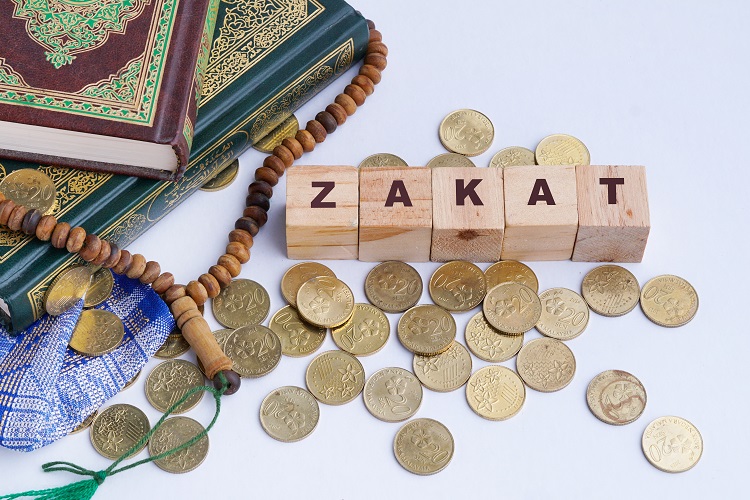As one of the five pillars of Islam, Zakat should be paid by every adult Muslim who owns wealth equivalent to or above the Nisab threshold. This includes valuables such as jewellery and ornaments as well as cash, investments and real estate.
Once a person reaches the minimum threshold (Nisab) and possesses wealth for a complete lunar year (hawl), Zakat is payable immediately. While many Muslims prefer to pay their Zakat during Ramadan due to increased rewards and blessings, Zakat can be paid at any time of the year as long as the person has been in possession of excess wealth for one lunar year.
Nisab is the minimum amount of wealth – after calculating personal expenses – that a Muslim should have before they become eligible to pay Zakat. This is often referred to as the Nisab threshold. The Nisab threshold is calculated according to the value of gold or silver and is usually determined by religious organisations or institutes. The Nisab is the value of 85 grams of gold or 609 grams of silver.
Once a person reaches the minimum threshold (Nisab) and possesses wealth for a complete lunar year (hawl), Zakat is payable immediately. While many Muslims prefer to pay their Zakat during Ramadan due to increased rewards and blessings, Zakat can be paid at any time of the year as long as the person has been in possession of excess wealth for one lunar year.




